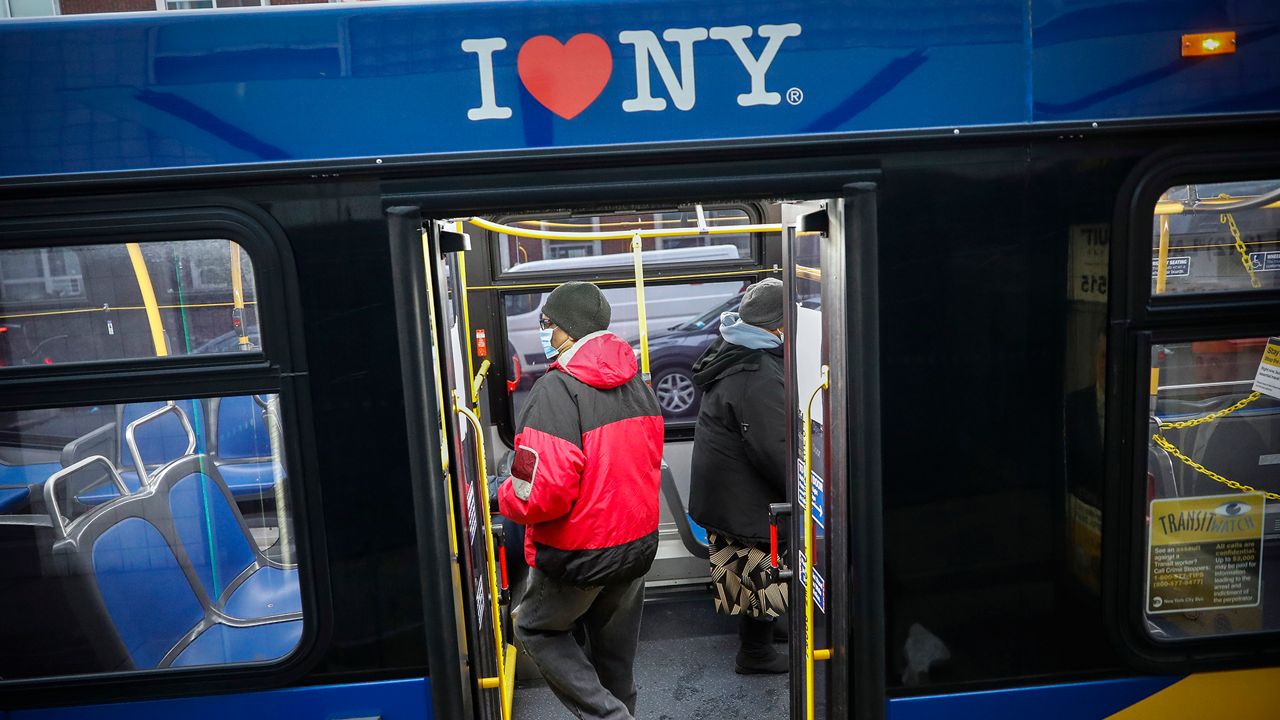Cities, states and tribes across the country will soon have cleaner fleets of buses thanks to a series of grants funded through the Bipartisan Infrastructure Law.
The Department of Transportation on Tuesday announced the recipients of $1.66 billion that can be used for new low-emission and no-emission bus fleets, as well as to train transit workers on maintaining and operating the coming technology.
Some of the funds will come from the Low-No Grant Program, which offers transit agencies support in buying or leasing low-to-no emission vehicles that are built in the United States. Other projects will receive money from the Grant for Buses and Bus Facilities Program, which helps transit agencies “in buying and rehabilitating buses and vans and building bus maintenance facilities,” the DOT wrote in part.
In total, this year’s billion-dollar investment will support the purchase of over 1,800 new buses, with nearly 1,100 of those using zero-emission technology. Administration officials said the investment will “nearly double” the amount of no-emission transit buses in use across the country.
“It's a big day for public transit,” Nuria Fernandez, the administrator of the DOT’s Federal Transit Administration, told reporters in part. “[The announcement] will make possible 1,800 new buses to traverse across the streets of America, all of them made right here in the United States.”
One of the largest lump sums will go to New York’s Metropolitan Transportation Authority, which will receive $116 million to purchase 230 battery-electric buses to replace around 4% of its diesel-using fleet, as well as to start a “comprehensive workforce training and development program.”
"While the wheels on the MTA buses go round-and-round, our effort to reduce carbon emissions and clean the air across NYC also has to keep going," Sen. Chuck Schumer, D-N.Y., said in a statement. "This win brings us all one stop closer to that goal."
A Schumer spokesperson said the procurement process will kick off this fall, with the buses expected to arrive by 2025.
Across the country, Los Angeles will receive a little over $104 million to similarly replace old buses with a battery-electric operated fleet, starting with enough money for about 160 new buses.
The Biden administration hopes the increase in electric and hybrid buses across the country will lower pollution, and move the United States towards President Joe Biden’s ambitious goal of becoming a net-zero-emission country by 2050.
A number of studies have shown that public transportation like buses emit a significant amount of pollution – particularly aging vehicles that might be poorly maintained. According to the Environmental Protection Agency, nearly 27% of U.S. emissions come from the transportation sector. The agency also notes that diesel air pollution is linked to asthma and other health problems that disproportionately impact students in communities of color and tribal communities.
“For too long, we have had to ride buses that have been pressed into service beyond their usefulness,” Fernandez noted. “And for too long, transit agencies have had to make tough choices with limited budgets that resulted in deferred maintenance and replacement of your own stock workforce training and rehabilitating your building and building facilities.”



